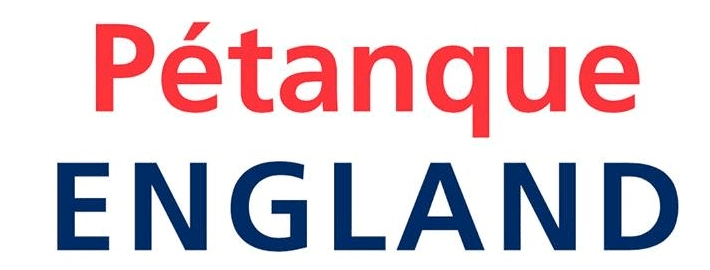Youth Development
Ages
Juniors are players that are under the
age of 18 in the calendar year (1st January to 31st December).
In this country "Juniors" includes the internationally
recognised age groups of:
- Junior - 16 and 17 years
- Cadet - 13, 14 and 15 years
- Minor - 10, 11, and 12
- Benjamin - up to and including 9 years
These age groups would usually play together
but sometimes there are events for the separate age groups.
Younger players can take part in an event for older players
but older players cannot take part in an event for younger players.
What do you need to play?
Most clubs will lend you a set of boules
when you first start but in time you will want your own set.
It is important to choose the right size
and weight, your Club Coach or Youth Development Officer should
be able to help you with your selection.
Flat shoes (trainers are good), comfortable clothing is best
and a waterproof jacket is very useful.
Many clubs have their own "club shirts"
and you will be required to wear team kit (matching tops) at
all National competitions.
Awards
As with many other sports we have a programme
of progressive skills. This is ‘The Junior Skills Award
Scheme’ currently run by our Regions. There are 4 levels
within the scheme ranging from The White Award for the newest
players, up to The Blue Award for the most advanced players.
A medal and certificate is awarded for each successive level.
By taking part in the scheme you will learn new skills, improve
your play and have a tangible reward to celebrate your success.
The awards must be taken in order, you can get more details
from the links below and from your Regional Coach or Youth Development
Officer:
Testing
The White and Green Awards may be tested by a Grade 3 Coach.
The Red Awards must be tested by the Regional Coach and or Youth
Development Officer.
The Blue Awards must be tested by the Chairman, Coaching Commission
or someone suitably qualified that has been appointed by him/her.
Club Play
To find your nearest club why not use
the EPA Club Link.
All types of players play at club level,
those who play just for fun right up to international players.
All ages take part and many clubs play in a League system, as
in football, with many juniors playing for their club league
team. Some clubs "twin" with other clubs abroad such
as France, Belgium and Germany.
Regional Play
The EPA has 16 County
Region Associations, which hold their own competitions,
either just for juniors, or for mixed adult/junior teams.
Our largest competition is called the
Inter-Regional Championship & Challenge Tournament.
Each region has its own method of choosing their squad of nine
triples teams, which includes a junior team - either by
selection, qualification or a combination of both.
The tournament is run over two days, normally
the first weekend in September and sees each region play against
each other to find the top region in both division one and two.
National/International Play
The EPA Management Committee set up a
National Junior Squad in 2013 with the ultimate target of selecting
players to represent our Association at International events,
leading to better results than those achieved through one-off
competition qualification.
One product of this innovative and developing scheme is envisaged
as encouraging a larger number of our promising juniors to improve
their skills, through its coaching provision, and consequently
to broaden the base of quality juniors capable of representing
England in future years.
Three of our experienced coaches are currently taking this project
forward for us: Matt Blyton, who has a pedigree of international
team playing and management; Toni Gates, who has several years’
experience of working with juniors, particularly in the Chiltern
Region; and Brian Stote, formerly the Chair of our Coaching
Commission. They act as the selectors and are supported by additional
coaches for specific events. They are accountable to the vice-president
(playing) of the EPA’s Management Committee.
All the participants at National Junior Squad coaching days
are shown practice routines that they can follow when they return
to their region. It is expected that their local coaches will
help monitor the players’ progress and to report back
to Matt, Toni and Brian on a regular basis.
To be successful, selected juniors must show commitment by practising
regularly and completing any given requirements. Dedication
and practice are essential features of this project, as is all
of our support for our young players.

